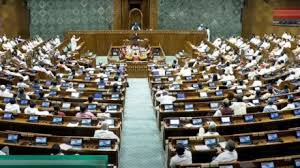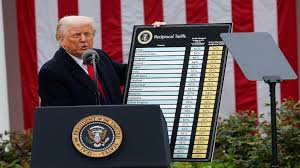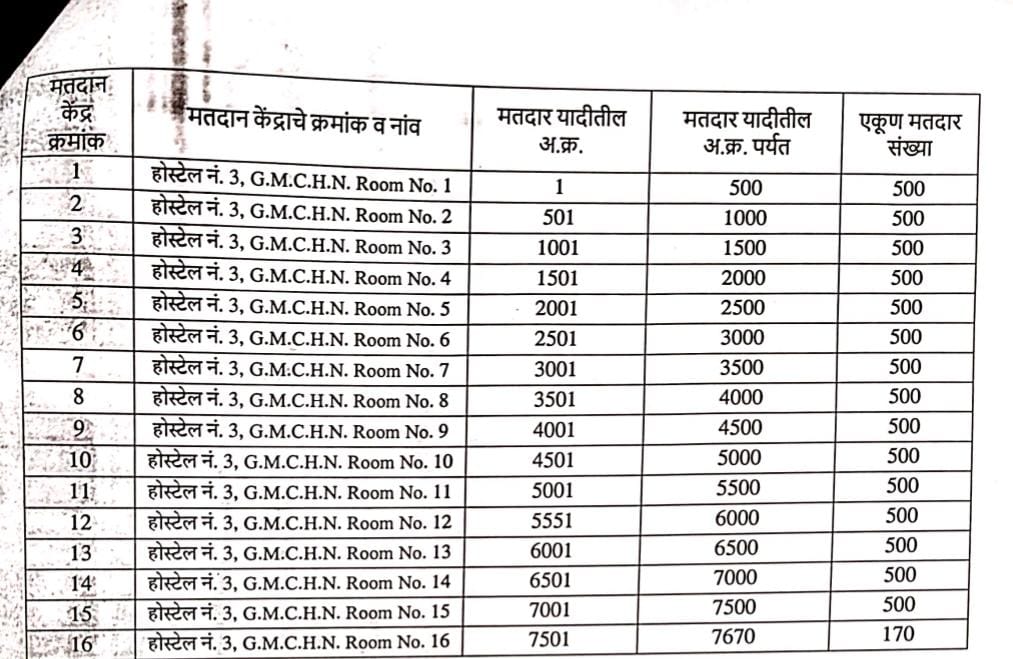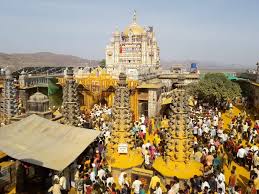
Waqf Amendment Bill passed by majority in Lok Sabha, now the government will be tested in Rajya Sabha
New Delhi: There was a marathon discussion in the Lok Sabha on the Waqf Amendment Bill. Minority Development Minister Kiren Rijiju introduced this bill in the Lok Sabha. After that, there was a discussion on it. After that, the bill was passed by 288 votes against 232. 288 votes were cast in favor of this bill. While 232 votes were cast against it. The Congress and the All India Alliance opposed this bill. Finally, this bill was passed by majority in the Lok Sabha. Now this bill will be presented in the Rajya Sabha.
Replying to the discussion on the bill, Minority Affairs Minister Kiren Rijiju refuted every allegation of the opposition. It was alleged that this bill was unconstitutional. However, this same bill was introduced in 1954. Then he asked the opposition whether it was also unconstitutional. He also clarified that this bill will benefit children, girls and women of the Muslim community. The opposition tried to create fear in the Muslim community. Rijiju also said that we are uniting Muslims through this bill. There was an objection to the fact that the District Collector will be in the Waqf Board. But the District Collector does not belong to any party, so why is there an objection to it? He also asked this time. He thanked those who have supported this bill. But he also clarified that he will not explain more to those who are doing what they do without understanding.
Earlier, while introducing this bill, Rijiju explained why amendments were needed in it. In 2013, some changes were made in Waqf that these amendments were necessary. The UPA government had given many properties to the Delhi Waqf Board without notifying them. Due to this, the Waqf had also claimed the current Parliament. He said that if the Narendra Modi government had not come, this land, like other denotified properties, is likely to be the land of Parliament. This bill was forcibly passed in 2013. He said that the UPA government had cancelled 123 properties and given them to the Waqf.
According to the changes made in 2013, any person in the country, regardless of religion, can create a Waqf. According to the new provision, only a person who has been practicing Islam for at least five years can donate property to the Waqf. Kiren Rijiju said that the UPA government had amended the Waqf Act and made it superior to other laws. Therefore, many new amendments were required in this.
The provisions of the Waqf Board have nothing to do with the management of any mosque, temple or religious place. This is a matter of property management. If a Muslim is paying his zakat, who are we to ask about it? The government has nothing to do with it. This is only a matter of property management. Special provisions have been made in this bill to prevent Scheduled Tribe citizens from becoming Waqf. Properties in Schedule 5 and Schedule 6 will not be included in the Waqf.
New Delhi: There was a marathon discussion in the Lok Sabha on the Waqf Amendment Bill. Minority Development Minister Kiren Rijiju introduced this bill in the Lok Sabha. After that, there was a discussion on it. After that, the bill was passed by 288 votes against 232. 288 votes were cast in favor of this bill. While 232 votes were cast against it. The Congress and the All India Alliance opposed this bill. Finally, this bill was passed by majority in the Lok Sabha. Now this bill will be presented in the Rajya Sabha.
Replying to the discussion on the bill, Minority Affairs Minister Kiren Rijiju refuted every allegation of the opposition. It was alleged that this bill was unconstitutional. However, this same bill was introduced in 1954. Then he asked the opposition whether it was also unconstitutional. He also clarified that this bill will benefit children, girls and women of the Muslim community. The opposition tried to create fear in the Muslim community. Rijiju also said that we are uniting Muslims through this bill. There was an objection to the fact that the District Collector will be in the Waqf Board. But the District Collector does not belong to any party, so why is there an objection to it? He also asked this time. He thanked those who have supported this bill. But he also clarified that he will not explain more to those who are doing what they do without understanding.
Earlier, while introducing this bill, Rijiju explained why amendments were needed in it. In 2013, some changes were made in Waqf that these amendments were necessary. The UPA government had given many properties to the Delhi Waqf Board without notifying them. Due to this, the Waqf had also claimed the current Parliament. He said that if the Narendra Modi government had not come, this land, like other denotified properties, is likely to be the land of Parliament. This bill was forcibly passed in 2013. He said that the UPA government had cancelled 123 properties and given them to the Waqf.
According to the changes made in 2013, any person in the country, regardless of religion, can create a Waqf. According to the new provision, only a person who has been practicing Islam for at least five years can donate property to the Waqf. Kiren Rijiju said that the UPA government had amended the Waqf Act and made it superior to other laws. Therefore, many new amendments were required in this.
The provisions of the Waqf Board have nothing to do with the management of any mosque, temple or religious place. This is a matter of property management. If a Muslim is paying his zakat, who are we to ask about it? The government has nothing to do with it. This is only a matter of property management. Special provisions have been made in this bill to prevent Scheduled Tribe citizens from becoming Waqf. Properties in Schedule 5 and Schedule 6 will not be included in the Waqf.
Replying to the discussion on the bill, Minority Affairs Minister Kiren Rijiju refuted every allegation of the opposition. It was alleged that this bill was unconstitutional. However, this same bill was introduced in 1954. Then he asked the opposition whether it was also unconstitutional. He also clarified that this bill will benefit children, girls and women of the Muslim community. The opposition tried to create fear in the Muslim community. Rijiju also said that we are uniting Muslims through this bill. There was an objection to the fact that the District Collector will be in the Waqf Board. But the District Collector does not belong to any party, so why is there an objection to it? He also asked this time. He thanked those who have supported this bill. But he also clarified that he will not explain more to those who are doing what they do without understanding.
Earlier, while introducing this bill, Rijiju explained why amendments were needed in it. In 2013, some changes were made in Waqf that these amendments were necessary. The UPA government had given many properties to the Delhi Waqf Board without notifying them. Due to this, the Waqf had also claimed the current Parliament. He said that if the Narendra Modi government had not come, this land, like other denotified properties, is likely to be the land of Parliament. This bill was forcibly passed in 2013. He said that the UPA government had cancelled 123 properties and given them to the Waqf.
According to the changes made in 2013, any person in the country, regardless of religion, can create a Waqf. According to the new provision, only a person who has been practicing Islam for at least five years can donate property to the Waqf. Kiren Rijiju said that the UPA government had amended the Waqf Act and made it superior to other laws. Therefore, many new amendments were required in this.
The provisions of the Waqf Board have nothing to do with the management of any mosque, temple or religious place. This is a matter of property management. If a Muslim is paying his zakat, who are we to ask about it? The government has nothing to do with it. This is only a matter of property management. Special provisions have been made in this bill to prevent Scheduled Tribe citizens from becoming Waqf. Properties in Schedule 5 and Schedule 6 will not be included in the Waqf.

.jpg)
















